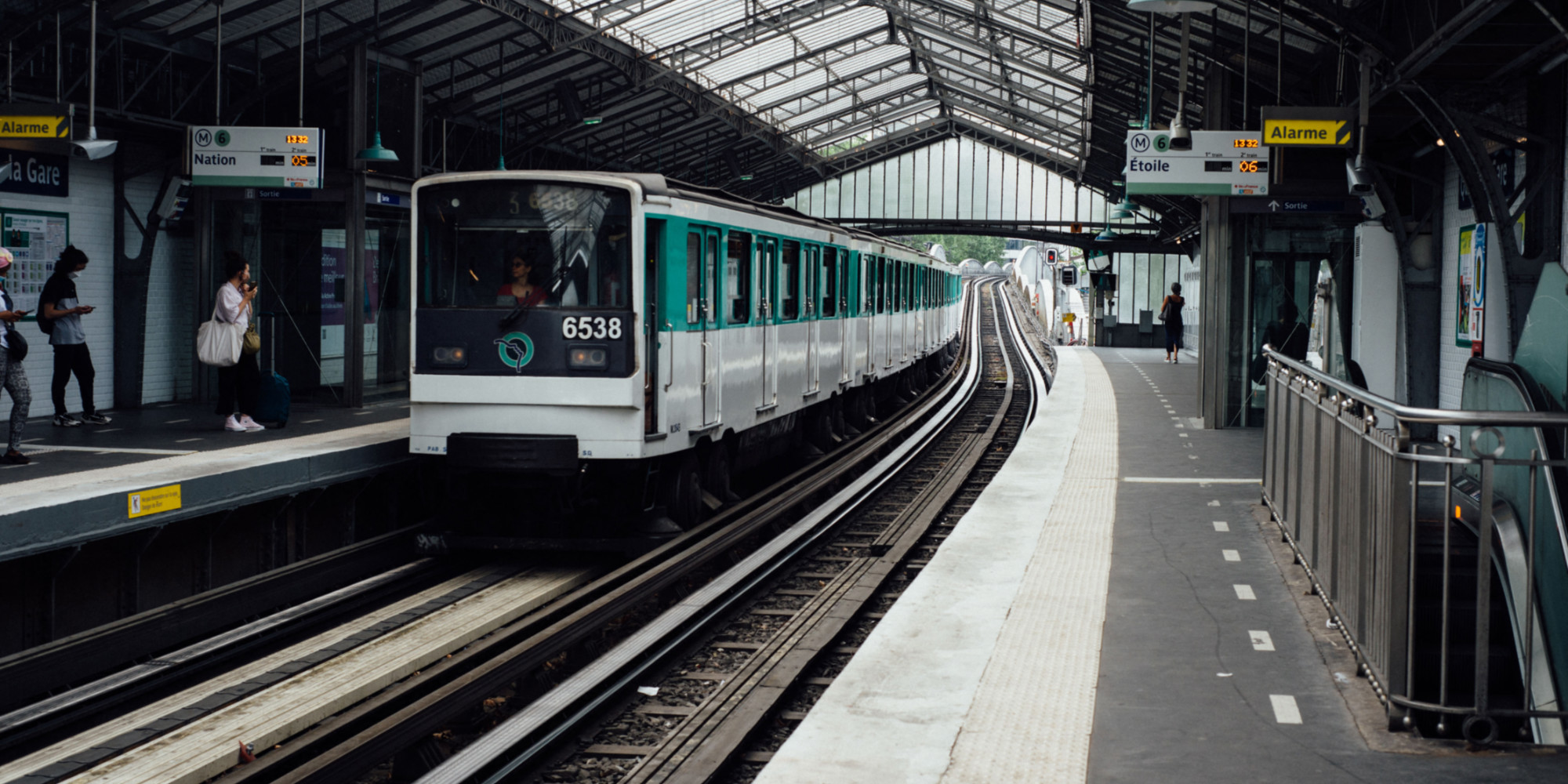Margaux Fodéré 07h29, January 11, 2023
Prime Minister Elisabeth Borne on Tuesday unveiled the content of the most anticipated reform of Emmanuel Macron's five-year term.
Among the main measures: the end of the main special regimes.
But the measure will only concern new entrants.
We take stock.
The pension reform will take place.
Prime Minister Elisabeth Borne on Tuesday unveiled the content of the most anticipated reform of Emmanuel Macron's five-year term.
Retirement age, minimum pension, long careers but also the end of the main special schemes... This will notably concern the RATP, the electricity and gas industries, clerks and employees of notaries but this will not affect current contributors.
Only new entrants concerned
We are therefore talking more about a very gradual evolution of the special schemes rather than an abolition since only future recruits will be affected by this reform.
This is called the grandfather clause and which constitutes an advantage over other employees, according to Bruno Chrétien, president of the Institute for Social Protection,
>> Find Europe Matin in replay and podcast here
“Only people who are now entering the regime will be targeted. The people who are there, who are 35, 45, 50 years old, are under the current system. So the reform will take about forty years to apply for them. . Unlike what is done for employees who immediately have the application of a new regime, "he explains.
Increase in the legal retirement age in 2025
On the other hand, for all the current employees of these special schemes, the legal age of departure will indeed be shifted by two years, as for those affiliated to the general scheme.
But again, it's not for now.
It will not be before 2025: "As part of the special schemes, the reform will come into force late compared to other employees, because of the previous reform which took place under Éric Woerth", explains Bruno Chrétien.
Certain special regimes will not even be affected at all by these various measures, those of the Paris Opera and the Comédie Française and the sailors-fishermen, because of the specificity of their professions.

